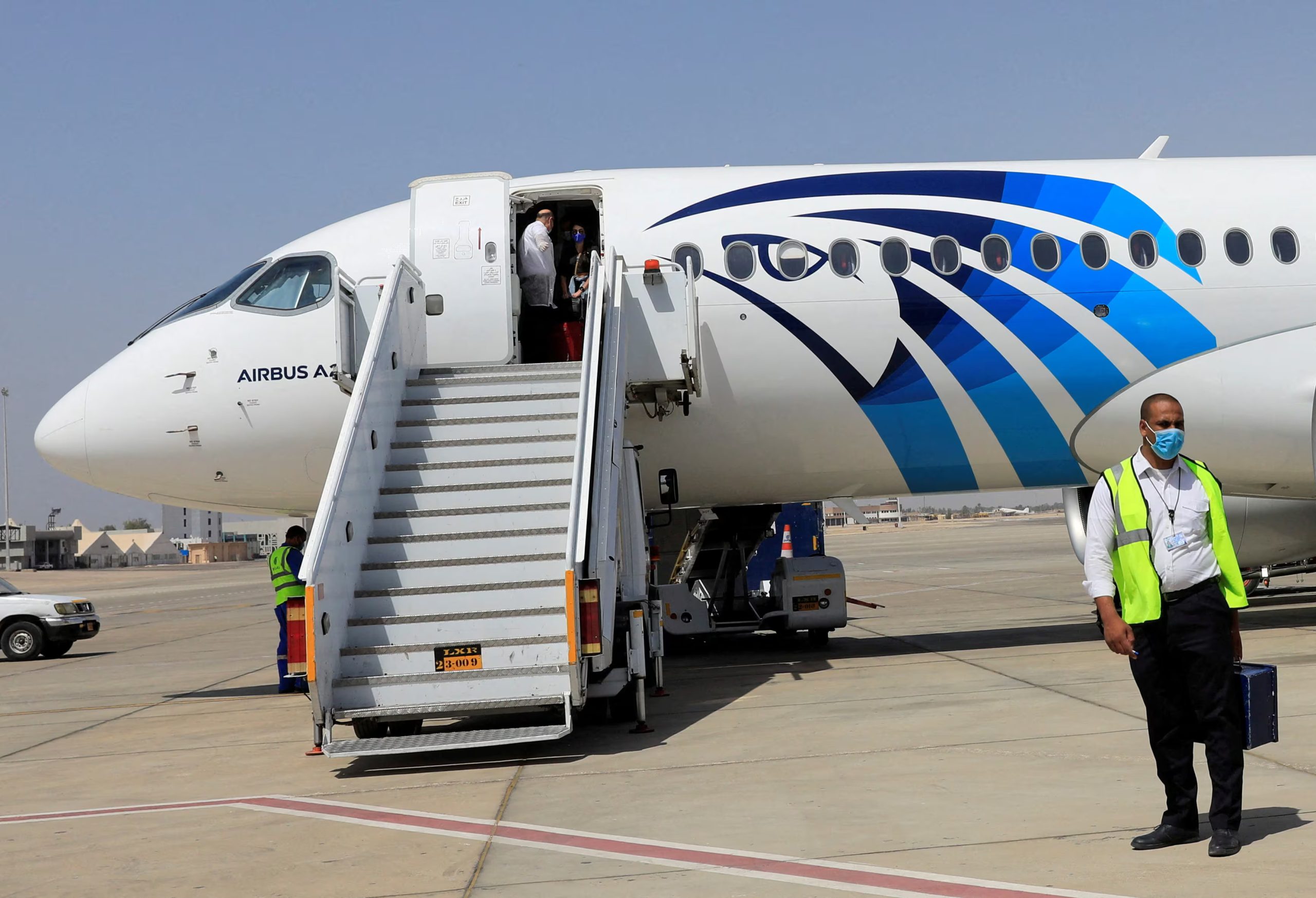In response to escalating tensions in the Middle East, Britain and Egypt have instructed their airlines to avoid Iranian and Lebanese airspace. These directives come after the killing of senior members of militant groups Hamas and Hezbollah, which has heightened fears of a broader conflict in the region.
Britain advised its airlines to avoid Lebanon’s airspace, while Egypt issued a notice to all its airlines to steer clear of Iranian airspace for three hours on Thursday morning. This move is part of a broader trend where airlines are adjusting their flight paths to avoid conflict zones.
The aviation industry has been particularly cautious about flying over conflict areas since the tragic downing of Malaysia Airlines flight MH17 over Ukraine in 2014, which resulted in the deaths of all 298 passengers on board.
In line with this cautious approach, many global airlines, including U.S.-based United Airlines, have suspended flights to volatile regions like Israel and Lebanon. United Airlines, for example, has continued to halt its flights to Tel Aviv, citing ongoing security concerns and the need to prioritize the safety of passengers and crew.

Airlines Redirect Flights Away from Iranian and Lebanese Airspace as Middle East Tensions Rise
Other airlines have also taken precautionary measures. Delta Air Lines has paused its flights between New York and Tel Aviv until the end of August. British airlines are currently not flying to Lebanon, and Singapore Airlines has stopped using Iranian airspace since last Friday, opting for alternative routes instead.
The situation reflects a widespread reevaluation of flight routes by airlines globally to ensure safety amid the rising risks.
Egypt’s civil aviation ministry confirmed that the directive for its airlines to avoid Iranian airspace was a response to a notification from Iranian authorities regarding military exercises in the region.
The instruction was formalized in a NOTAM (Notice to Airmen), which specified that all Egyptian carriers should avoid the Tehran Flight Information Region during the indicated time frames. This measure aims to mitigate flight safety risks during the scheduled military exercises in Iranian airspace.
The ongoing situation underscores the volatile nature of air travel in conflict-prone areas, with regional authorities like Jordan also taking precautions. Jordanian authorities recently advised airlines landing at its airports to carry additional fuel, indicating potential disruptions in flight operations.
The broader trend of airspace closures and route adjustments reflects the complex security dynamics in the Middle East, where the safety of air travel is increasingly intertwined with geopolitical developments.
